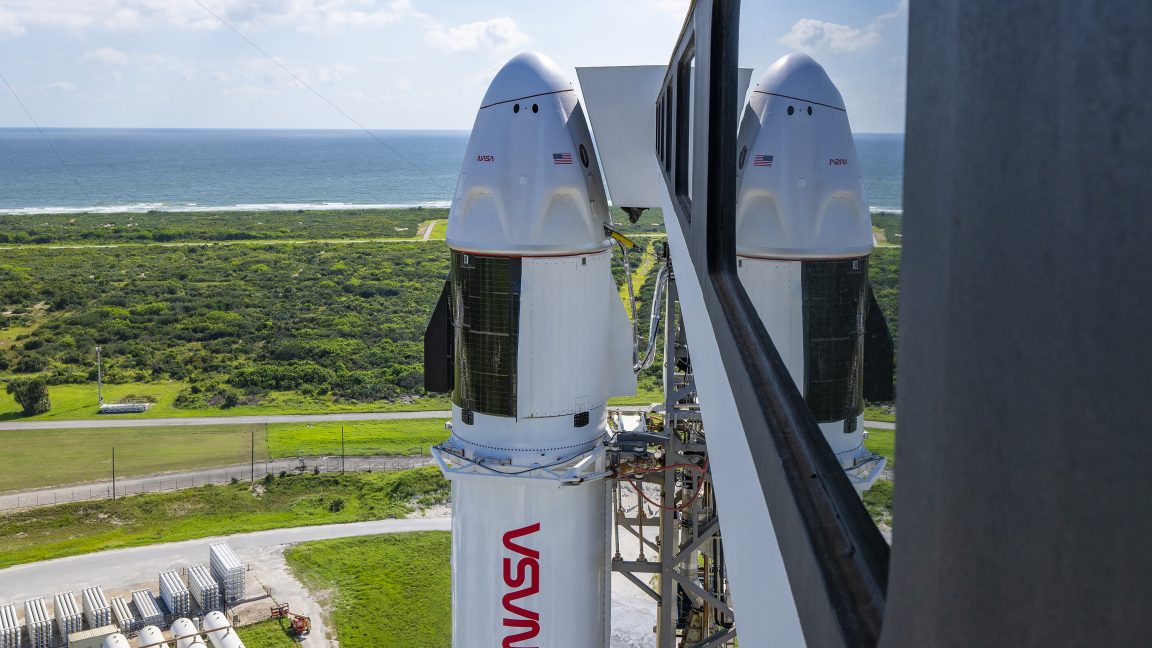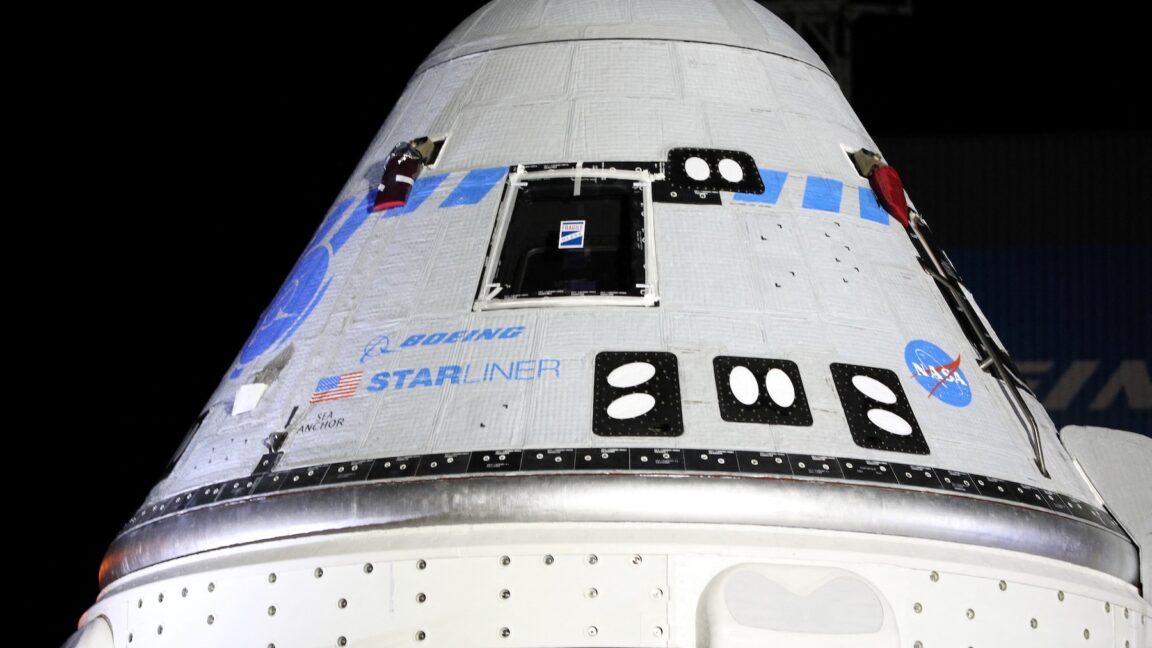Morale at the space agency is absurdly low, sources say. SpaceX's Crew Dragon spacecraft is ready for launch atop a Falcon 9 rocket from Space Launch Complex-40 at Cape Canaveral Space Force Station, Florida.
Ars Technica is a leading technology publication that caters to a highly engaged and technically savvy audience of "alpha geeks," including IT professionals, technologists, and those deeply passionate about the latest advancements in science and technology. Founded in 1998 with the mission to be "technically savvy, up-to-date, and more fun," Ars Technica has established itself as a trusted source for in-depth analysis, news, and insights across a wide range of technology domains.
The publication covers a diverse array of topics, including software, hardware, gaming, big tech companies, scientific breakthroughs, and the intersection of technology with legal and policy matters. Ars Technica's coverage is known for its depth, objectivity, and ability to break down complex technical concepts in an accessible manner for its highly knowledgeable readership.
Ars Technica's content spans breaking news, government announcements, press releases, data-driven analysis, legal and regulatory developments, and more. The publication's team of experienced journalists and subject matter experts provide comprehensive coverage, leveraging their deep understanding of the technology landscape.
Operating as Condé Nast's only fully digital-native editorial publication, Ars Technica delivers its content primarily through its online platform and blog, catering to the preferences of its tech-savvy audience. The publication's digital-first approach allows for timely reporting and seamless integration of multimedia elements, enhancing the overall reader experience.
































